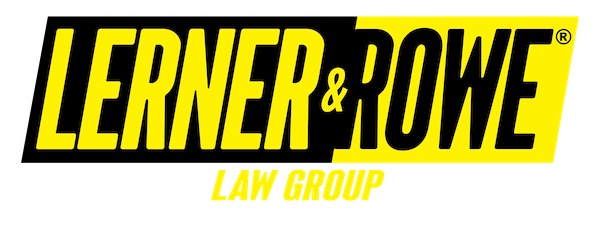
Prior to the tumultuous financial COVID-19 hardships that many now face because of job loss, cutbacks, and other employment setbacks, setting up automatic payments may have seemed like a convenient way to pay for recurring bills. Now, however, that convenience can be more of a hassle if you are struggling to make ends meet.
Did you authorize a creditor to take payment(s) automatically from your bank account and you now want to stop the payment? You have a right to stop a creditor from taking automatic payments that you previously approved.
At Lerner and Rowe Law Group, our bankruptcy team is here with useful tips on how to help regain control of your finances.
Three Options to Stopping Automatic Payments
According to the Consumer Financial Protection Bureau, you can take the following steps to stop future payments:
1. Call and write to the company. Tell the company that you are revoking the company’s authorization to take payments from your bank or credit union. If you call, make sure you get the name and address of the person you spoke to.
Your telephone call should then be followed up with a letter. It is recommended that you send the letter to the person you spoke with as well as an officer or member of the company.
Your letter should include your name and account number, and should state that the revocation applies to any and all future payments from your bank or credit union. (Include the name of your bank or credit union, and the last four digits of the account number).
Lastly, make sure you keep a copy of the signed letter.
2. Call and write your bank or credit union. Tell your bank or credit union that you have revoked authorization of all future payments by the company to take automatic payments from your account via electronic funds transfer.
Provide the bank or credit union with your name, the complete bank or credit union account number of the account that is being debited, as well as the name and account number of the company taking the payments.
This may be called a stop payment order and your bank or credit union may charge for this, so check with the institution. It will likely take at least three business days for a stop payment order to take effect. It is a good idea to attach a copy of the letter you sent to the company to the stop payment order.
3. Monitor your bank or credit union account. Tell your bank or credit union right away if you see a payment that was revoked; remember that it usually takes at least three days after receipt of a stop payment order before it becomes effective.
Federal law may allow you to get some or all of your money back after a disputed payment if you dispute the payment quickly.
When all is said and done, you do have options and our debt consolidation team is here to offer you guidance if you are feeling a little lost.
Get Help Putting Your Finances Back on Track
The COVID-19 pandemic has left many Arizonians scrambling to find ways to cover monthly household expenses. If you find yourself feeling overwhelmed with debt, filing for bankruptcy may give you some breathing room to get back on track.
Take a step towards reclaiming control of your finances by scheduling a free consultation with Lerner and Rowe Law Group. Our bankruptcy team has a thorough knowledge of Arizona law and debt consolidation processes.
Call us directly at 602-667-7777, or connect with a chat representative today. We are here to help!

